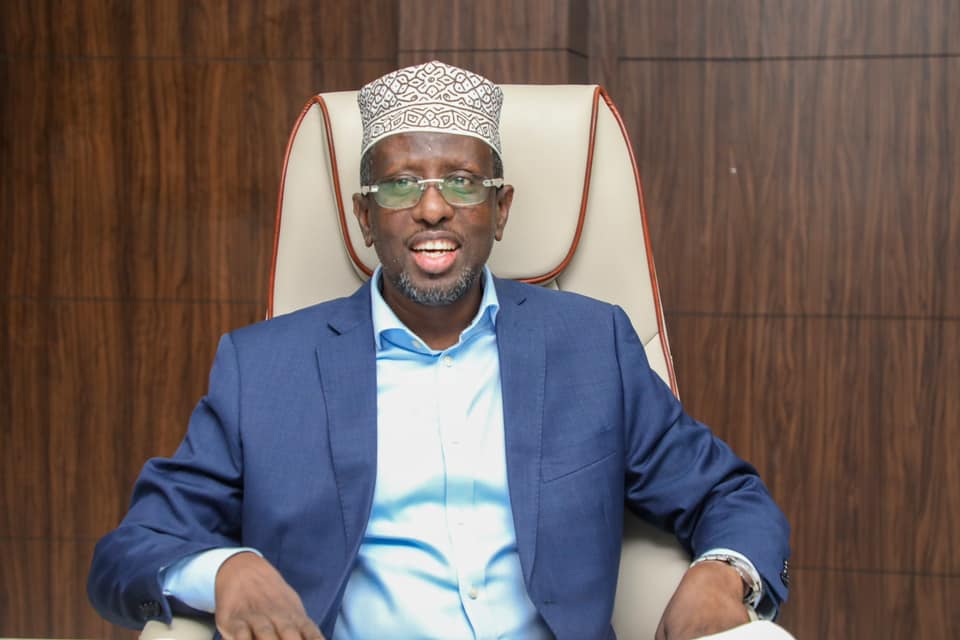Haile Gebrselassie likes to remind people that, when it comes to athletics, Kenya and Ethiopia are in a co-dependent relationship. He sees the historic growth of the distance-running dominance of these two countries as deeply imbricated.
In a year that celebrates 40 years of the World Athletics Championships, Gebrselassie reflects on the 1993 edition in Stuttgart, Germany, where this first became clear to him.
By the time the 1996 Atlanta Olympic Games came around, Gebrselassie was the clear favorite in the men’s 10,000m, but in 1993 his potential was unknown. He was established for winning at U20 level, but the expectation that he would win every race he entered was not yet the norm.
After finishing second in the 5000m, he faced what many thought would be an even bigger challenge in the 10,000m, where he would need to dethrone the 1991 Kenyan world champion, Moses Tanui.
The field strung out fairly early in the race, with Chelimo being the one to hold on to Tanui and Gebrselassie the longest. The two continuously exchanged glances as Gebrselassie stuck on Tanui’s heels.
The last lap of the race was dramatic. Gebrselassie clipped Tanui; he angrily flailed, kicked his shoe off, and attempted to storm away from Gebrselassie. But over the final 100 meters, Gebrselassie passed him on the inside lane to take the win – his first ever global championship gold at senior level – in a tie of 27:46.02.
Up until that point, Gebrselassie’s father thought he was wasting his time pursuing a career in the sport. But when he returned home from the World Championships with a new Mercedes – the first car Gebrselassie’s family ever owned – his father changed his mind.
Meanwhile, Tanui and Kenyan fans viewed the win as a theft. Tanui even told Kenyan paper years later that he was robbed, and that his federation should have filed a protest. While he holds no ill will towards Gebrselassie, the dispute helped charge a healthy rivalry between the two countries that Gebrselassie considers the most fundamental part of his own career.
In 1994 and 1995, Gebrselassie was on a tear, setting world records in both the 5000m and 10,000m. Over the next decade, he and Paul Tergat established an iconic rivalry, with Gebrselassie outkicking the much taller Kenyan by a healthy margin at the 1996 Olympics, and by just a hair in 2000.
But much like Tanui, Gebrselassie credits Tergat for his own greatness.
Now it seems obvious that Kenyan and Ethiopian athletes will vie for medals in the distance events at World Championships and Olympic Games, but this history, and rivalry, had to start somewhere. It predated Gebrselassie’s time, but his longstanding relationships with a few top Kenyans fueled a mutual growth and respect.










